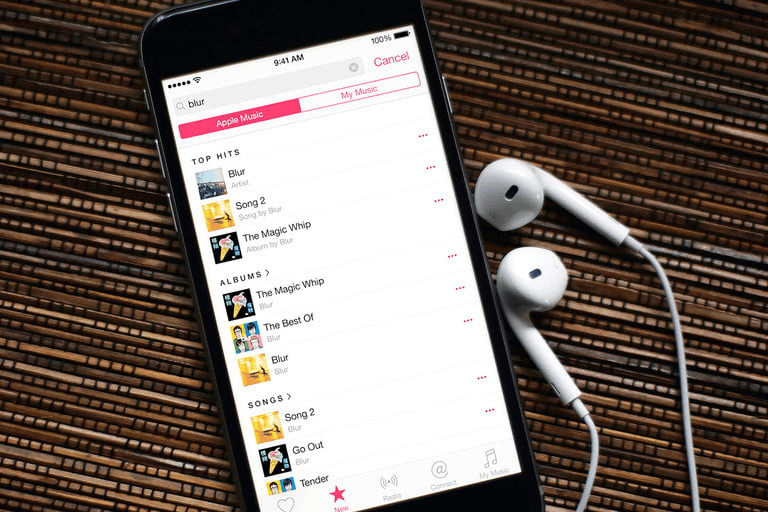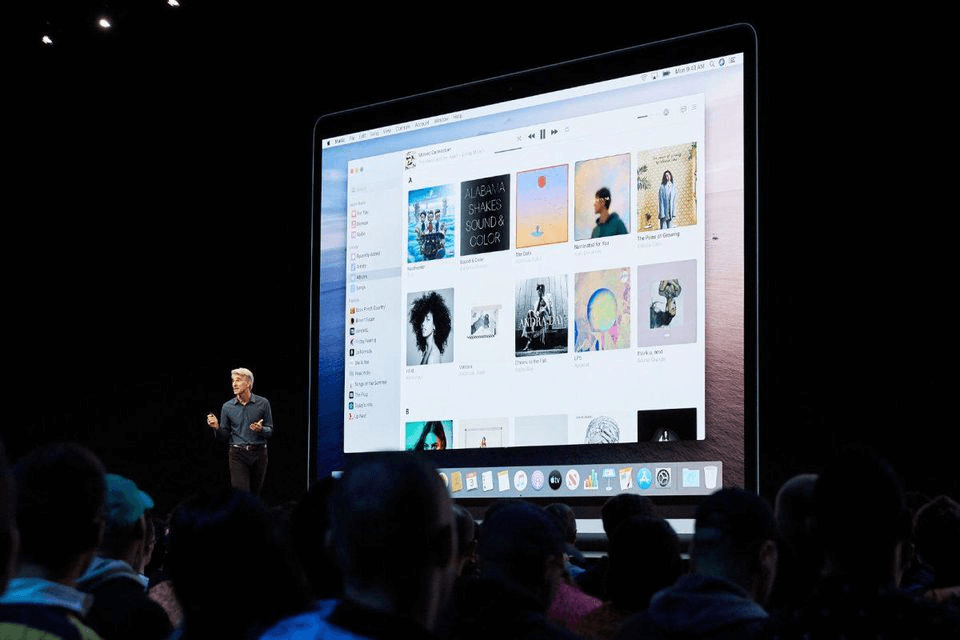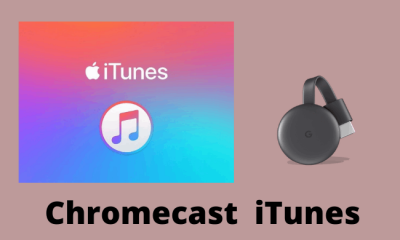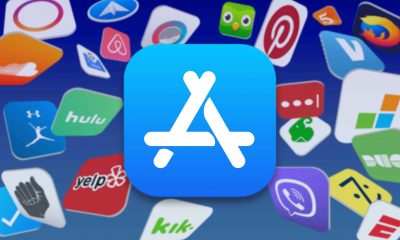Let’s Take a Look at ‘Whys’
iTunes was certainly a genius business decision. It shifted the spotlight from the record to individual tracks, allowed people to make 100% risk-free purchases, and explore new styles, genres, and artists more confidently. Yet, iTunes also did a ton of damage to the industry. It affected the way the post-2001 generation listens to music. It ‘killed’ the record – instead, people would get individual tracks only. Thus, the level of emotional attachment to an artist, the quality of our music taste – it all plummeted. The way an iTunes user listens to music is a patchwork. Eventually, entire generations of listeners stopped knowing what they liked or wanted to listen to at a given time. That’s when tables turned, and streaming platforms like Spotify became a game-changer and a threat. New tools used behavioristics and machine learning to determine which criteria will influence your next passion and music and help users find matching tracks. It’s worth saying there were other attempts to start the streaming wave in music. Napster has tried implementing a subscription-service model but was not ‘accepted’ in the industry. Why is a seemingly successful iTunes pivoting? The thing is, the company executives have realized the ruling trends in today’s content consumption.
Reselling. Statistically, our music tastes don’t change from teenage years. As a result, adults don’t discover music as actively and prefer sticking with their favorite tracks, listening to them over and over again. For iTunes, this would mean a loss of revenue. For Spotify – quite the contrary. Users would have to pay for monthly subscription anytime they want to access the playlist. All-inclusive. The generation of streamers loves the feeling of freedom platforms like Netflix or Spotify can provide. After having paid a fixed amount of money, you get access to the entire music catalog. Granted, there’s no way you’ll explore all Spotify tracks in one lifetime – but the array of options, the number of free choices is what’s appealing for a modern-day user. Guided track selection. Streaming platforms are compelling due to the way they work. Compared to iTunes, Spotify tends to be more lucrative, study its user base better and provide an in-depth diagnostics of what kind of music any given person would enjoy at the moment. Streaming platforms help people spice up their routine, find new tracks for workouts and work. To that end, iTunes is further to the tail of the bandwagon.
Clearly, we will not know for sure what kind of statistics or insights Apple executives had to back up their decision of shutting down their legendary portable jukebox. Yet, the reasons described above pretty much summarize the modern-day music market and make it clearer why a tech giant like Apple would consider pivoting and switching the way to sell content.
Three Apps – a Dealbreaker?
How that it’s confirmed iTunes will be gone for good, it’s reasonable to wonder what comes after. Announcing new macOS Catalina, Apple has unveiled the future of its on-demand content distribution tools. The functions of iTunes will be redistributed by three separate apps – Music, Podcasts, and TV. All of these apps will adhere to the streaming model. The decision wouldn’t have been problematic if not for an idea to split what used to be an all-in-one solution into three separate platforms. What could’ve influenced the upcoming separation of iTunes? Most likely, the public opinion. Apple has been frequently getting reports that users find its interface of iTunes the latest version crammed and overloaded with features – so they started looking for streamlining methods. To one end, creating three intuitive apps rather than cramming all the innovation into one tool seems sensible. However, the move appears to be counterintuitive as it’s the exact opposite of what the market demands. A typical user wants all of its content in one place. That’s why Youtube is today’s first popular website – it has short videos, music, movies – all a user could ever ask for. The features developers have in store for brand-new apps are amazing at first glance. In Podcasts, for instance, you’ll be able to use machine learning to find new shows with 100%-precision. The TV app will have most features Netflix trained users to demand – a categorized catalog, personalized movie reels, and so on. Having said that, the bottom line is what it is – three apps will be a major change that requires adaptation, a pain in the neck, and a major dealbreaker for many.
Marketing Behind Rebranding – a
Hit or a Miss?
It’s not only the change itself Apple users are confused with. There are other issues that come to light when discussing the iTunes rebranding. Such as, was it done right? While your favorite tracks are not getting anywhere, it’s safe to say there will be a spike of users packing their bags and moving to Spotify. Here’s why:
Apple renounces leadership in the streaming field. The ‘death’ of iTunes is a subtle way of saying ‘What we did was not working. We got beaten up by streaming’. If earlier, journalists and tech enthusiasts could only speculate who breaks the tie between iTunes and Spotify, the news of June can count as an explicit answer. The rebranding doesn’t seem innovative. Apple Music and Apple TV apps have been around for a while. There’s Apple Podcasts, a brand-new app to blow up some hype. Yet, all in all, the change doesn’t feel global. It is perceived as the death of something old and outdated rather than the introduction of a new and ambitious project. The fix to this issue would be rather simple – creating a custom name for the platform to come. Inconclusive announcement. Perhaps, Apple wanted to make things clear while announcing the death of its on-demand music service. Yet, they ended up with the exact contrary. People were confused by the death of iTunes, took it as the weakness of the company, started fearing for their music. We’ve been stripped of something iconic and revolutionary and got a replacement that couldn’t have been more so-so.
Conclusion
Say what you will – the clouds are gathering under Apple’s frontrunner position in streaming. Switch from iTunes to the streaming model is by no means a disaster – pretty much anybody would’ve seen it coming. Still, we watch Apple forfeit a used-to-be innovation for a model that has been long-established, with a tight crowd of competition. The good news is, if you feel like you’ll be missing iTunes, you can still download it before new changes go official. P.S. Somewhere in Stockholm, the deadly rival of iTunes can finally feel relieved. This time, they won. Thanks for reading techfollows.com.







